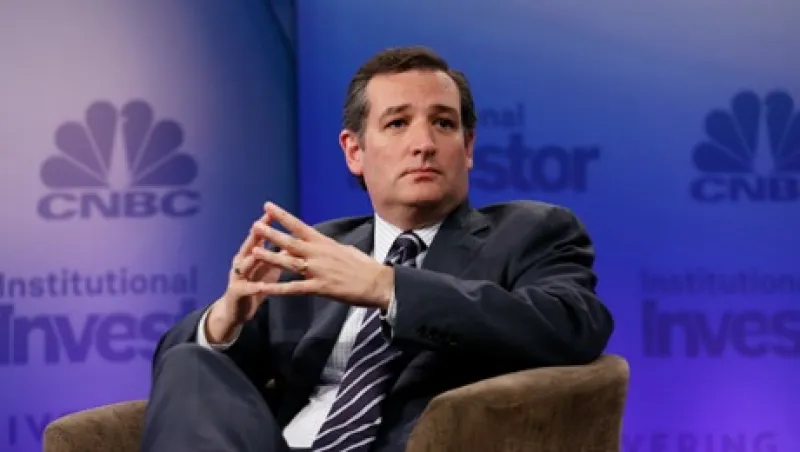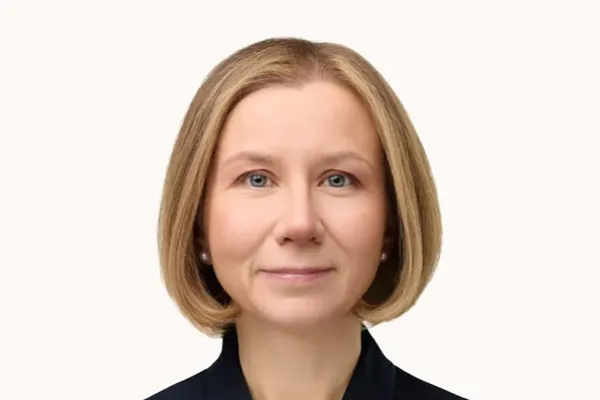The attack on hedge funds has been raging for months. “These guys are getting away with murder,” said Republican candidate Donald Trump on Face the Nation in August.
A few hedge fund managers are fighting back. AQR Capital Management co-founder Cliff Asness takes on “Trumpers” on social media and refers to the business magnate as a “lowlife TV pitchman,” a “gross hero,” an “idiot who can’t Google” and a “dictator whack-job.” At the end of 2015, Asness donated $1 million to Marco Rubio and his Conservative Solutions PAC. Amid political infighting and rising donations from wealthy hedge funders, many investors and industry insiders remain bullish on hedge funds for 2016.
Even Ted Cruz, Delivering Alpha alumnus and recipient of Renaissance Technologies co-CEO Robert Mercer’s $11 million, has touted a flat tax proposition, which he says will help even the playing field for “hedge fund billionaires [who] pay a lower rate than their secretaries.” Most of the conservative hedge fund donors give to Marco Rubio, who has been quiet on issues that might affect his bankrollers.
The Democrats may have started the action. In 2015 Senator Bernie Sanders introduced legislation designed to remove the carried interest tax loophole (which enables managers to treat income as capital gains) and to impose a financial transaction tax, new regulations aimed at large Wall Street institutions as well as hedge fund firms. On the campaign trail, Sanders has touted his populist decision to decline money from super PACs. Despite significant Wall Street and hedge fund support, Hillary Clinton, in her early campaign speeches and in recent debates, has publicly criticized the system that allows hedge fund managers to “pay lower tax rates than nurses.” Future45 — the anti-Democrat super PAC led by hedge fund billionaires Paul Singer of Elliott Management Corp. and Kenneth Griffin of Citadel — has been releasing attack ads against Clinton and Sanders since October.
“I’m fascinated by how the press and the candidates are focusing on hedge funds, not the private equity guys,” particularly regarding carried interest, says Jane Buchan, CEO of Pacific Alternative Asset Management Co. (PAAMCO), a fund-of-hedge-funds firm headquartered in Irvine, California, that serves large institutional investors and focuses on liquidity as well as transparency with its clients. According to Buchan, there are some hedge funds that have carried interest, but not many, since “you have to hold positions for a long period of time, which isn’t really what hedge funds do. Most hedge funds trade.”
In the 2012 presidential election, GOP nominee Mitt Romney came under scrutiny for decades-long business practices at the private equity firm he co-founded, Bain Capital. Private equity was maligned as predatory and excessive, and Romney was painted as the greedy pirate captain who wanted all of the riches — including the American presidency — for himself. Features in popular magazines and newspapers targeted Romney for the massive amount of wealth he accumulated via Bain’s acquisitions since the mid-1980s. At a time when many Americans were still reeling from unemployment and major investment losses, Romney-style private equity became villainized by voters.
Given this recent history, hedge fund managers are easy targets. A handful of the wealthiest hedge fund managers have already donated record amounts of money to super PACs, surpassing donations collected during the 2012 presidential election cycle. Through January 31, hedge fund contributions amounted to $50.3 million, according to the Center for Responsive Politics. As Super Tuesday approaches and the races heat up, this figure is likely to rise significantly.
It remains unclear what may happen regarding “significant regulation of hedge funds or Wall Street firms in general,” says Kyle Kondik, political strategist and director of communications for the University of Virginia’s Center for Politics. Kondik advises voters and investors to watch local congressional races, which may have a larger impact on future economic reforms.
Buried under the rubble of these moneyed scuffles is what it means for investors if or when reforms and regulations trickle down. PAAMCO’s Buchan explains that most Americans would be exposed to transaction tax through pension plans that often invest in hedge funds: “It’s sort of a stealth tax on the average investor.” As for institutions trying to build well-diversified portfolios that include hedge funds, Buchan suggests that the current political climate makes things “a bit more difficult for our investors, because they have to spend a lot of time correcting misimpressions, rather than investing.”
Get more on hedge funds and alternatives.






